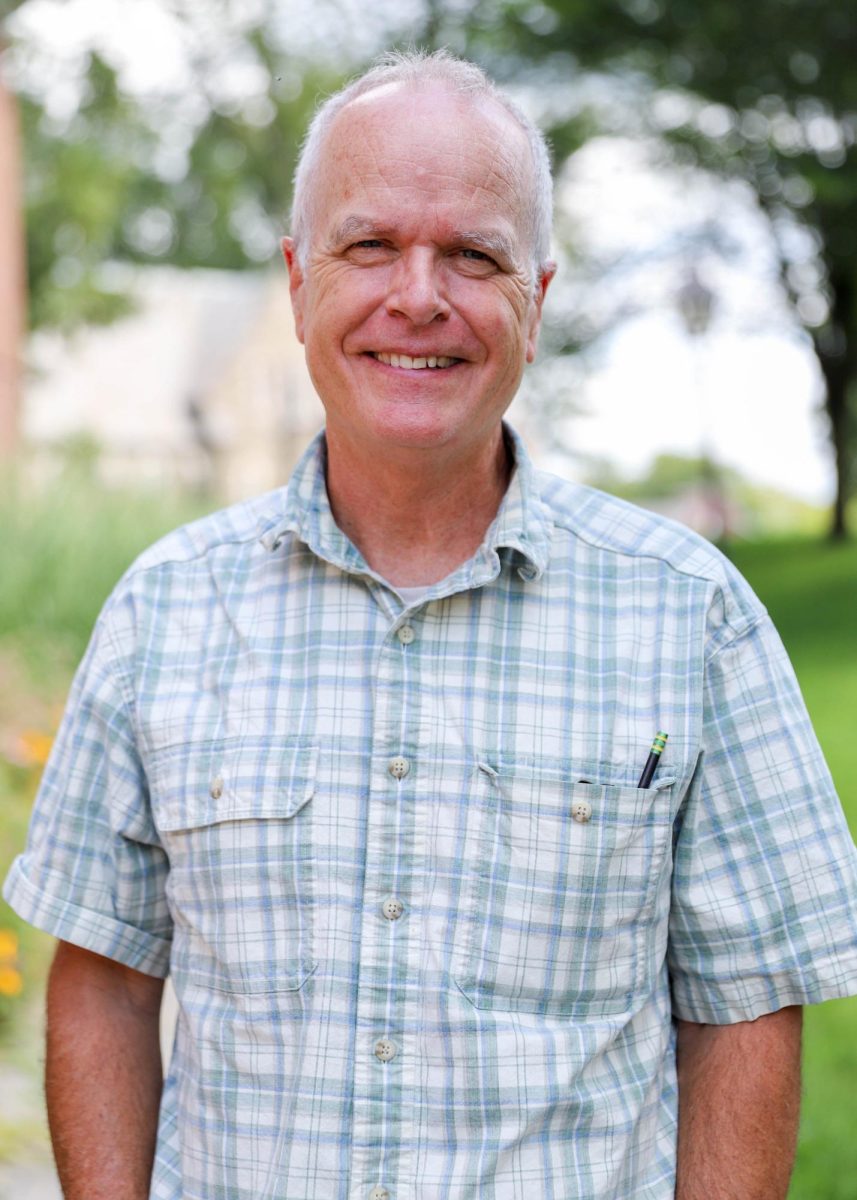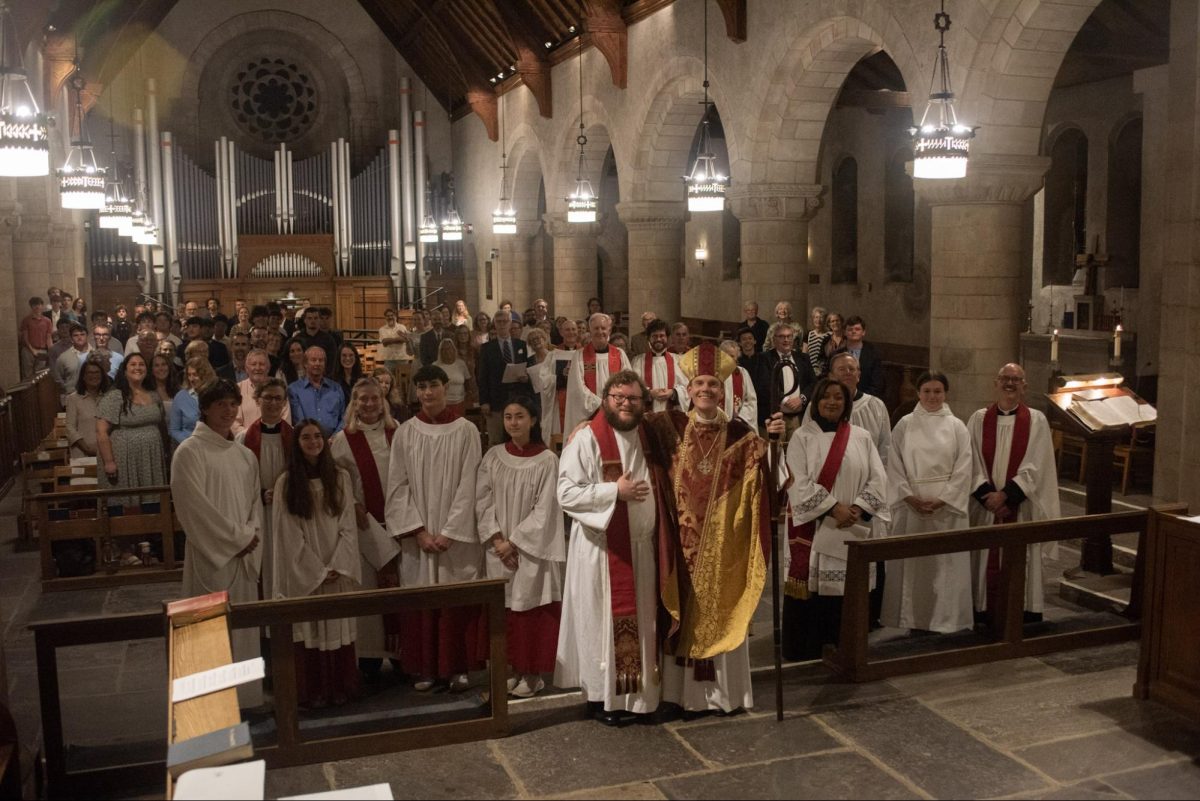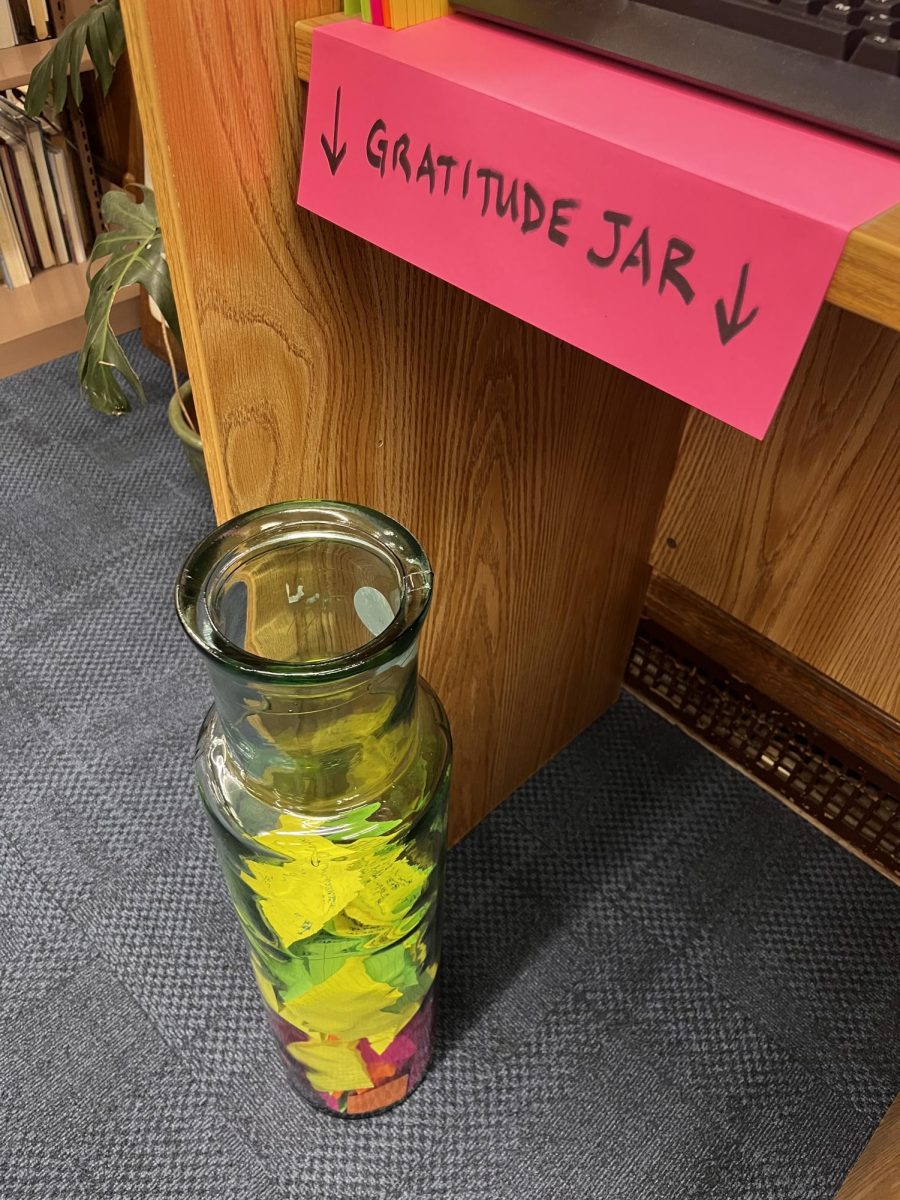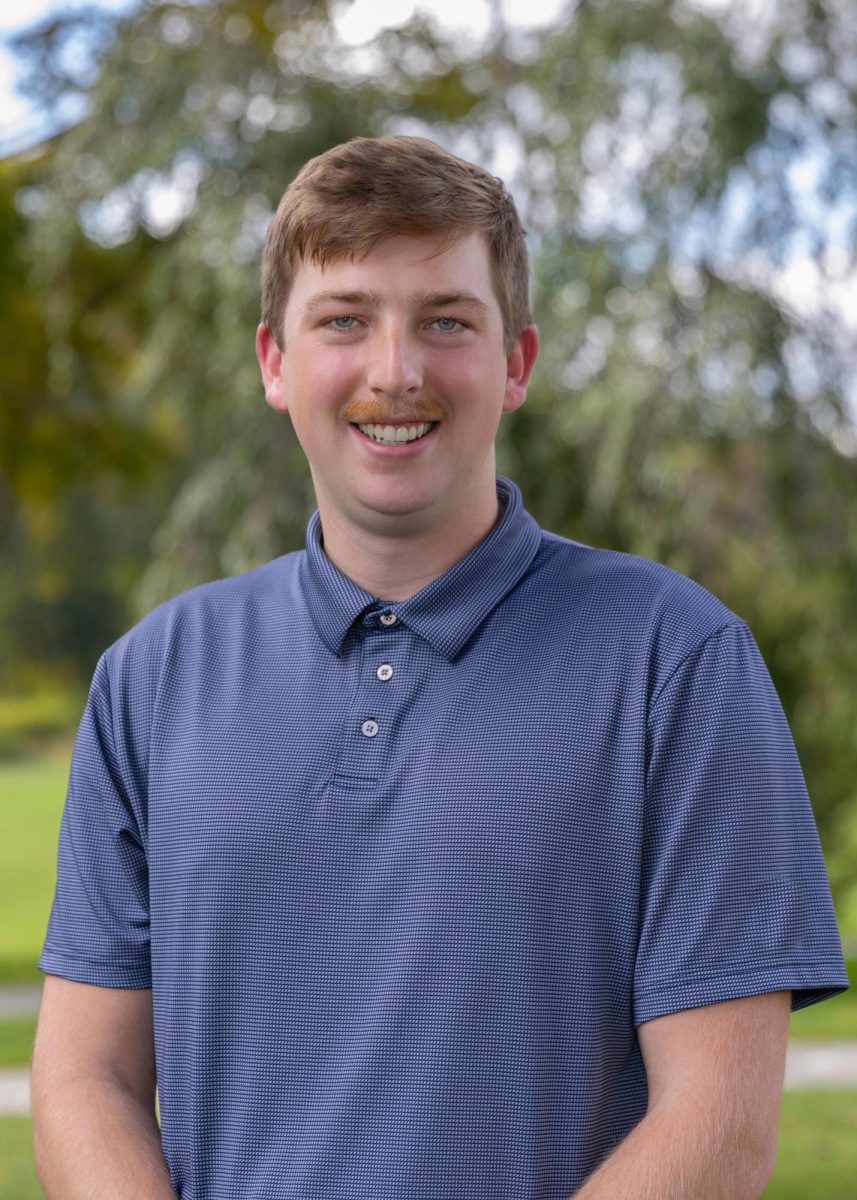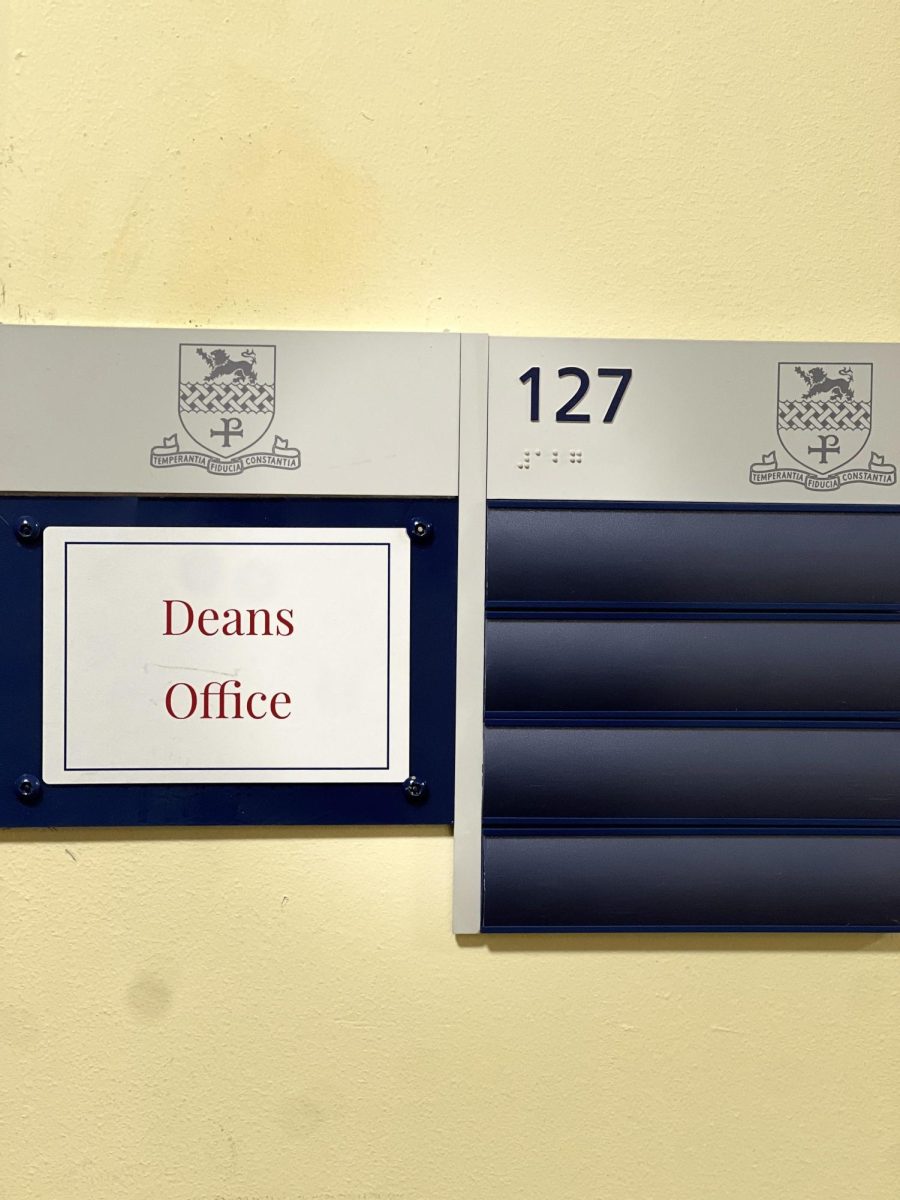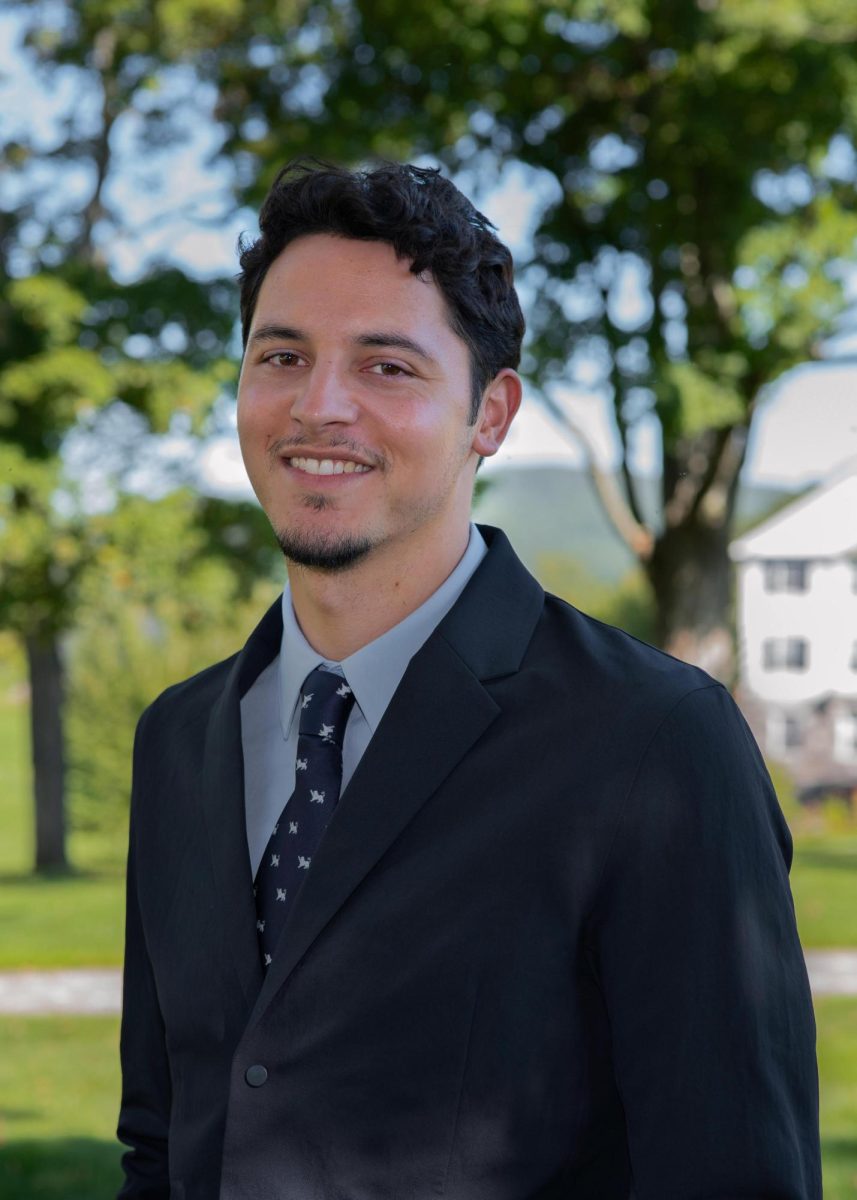After 22 years of teaching English at Kent School, Mr. Hunt is retiring, leaving behind a legacy built on intentional teaching, deep attention to process, and a commitment to lifelong learning. Known for his quiet thoughtfulness, intellectual rigor, and devotion to his students and colleagues, Mr. Hunt also spent years coaching JV Girls Squash and Varsity Boys Tennis. As he reflects on his career, he emphasizes the value of attention, process, and presence, both in and outside the classroom. “Teaching is the most important job in the world,” he said, echoing a mantra that guided his career.
Mr. Hunt didn’t arrive at teaching by accident. His own adolescence was marked by difficulty, which inspired him to support students through the same turbulent period. “Adolescence is such a poignant time,” he said. “My own high school experience wasn’t easy, and I think I was drawn to helping adolescents navigate a period that was difficult for me.”
He began teaching at a psychiatric school where many students struggled with severe mental illness. Though the experience was emotionally intense, it affirmed his commitment to education. Later, at the Forman School, he honed a process-oriented approach to teaching, one that shaped the rest of his career. “It’s not enough to teach content,” he said. “You have to help students remember, understand, and break it down. That focus on process helped me learn the art of teaching.”
At the core of Mr. Hunt’s teaching philosophy are two guiding principles: attention and time. “Attention is a really precious resource,” he said. “One of my not-so-hidden agendas as a teacher is to instill attentiveness as a habit of mind.” He practiced what he preached as eschewing a smartphone to protect the quality of his attention.
Time, too, is sacred to him. “I value time more than money,” he said. “Quality takes time.” This philosophy showed up in his classroom: in slow, thoughtful readings, in detailed feedback on essays, and in cultivating a culture where depth always trumped breadth.
Mrs. Campbell, Head of the English Department and Mr. Hunt’s longtime officemate, describes him as “admirable.” “He is a great listener and always devotes all his focus to the things he’s working on,” she said. “His students love visiting during his conference blocks, and he gives them inspirational insights. For teaching, he always has a sense of mission, great work ethic, and a deep sense of responsibility to his students. Although his classes are challenging, his teaching is fair.” Mrs. Campbell added with a smile, “He also has a sort of dark humor, and he always carries a wooden cellphone with him. He’s a wonderful colleague and a good friend.”
Though he led the class, Mr. Hunt insists he learned just as much from his students. “In class discussions, you hear so many perspectives,” he said. “Teachers tend to project their own experiences onto texts, but students bring their own worldviews, and that’s eye-opening.” He credits his students with helping him step outside his own frame of reference and embrace a broader understanding of literature and life.
Moments of breakthroughs in students’ writing remain his most cherished memories. “Helping a student who’s struggled begin to understand, to see the light bulb go off—there’s nothing more satisfying.”
As he steps away from the classroom, Mr. Hunt is candid about the challenges of recent years. “The demands of the job were growing, and my stamina was declining,” he said. Though he weathered the pandemic surprisingly well (“some of my best teaching,” he called it) the return to normal proved more taxing.
What he will miss most is not grading, but community: “I’ll miss the English department, the camaraderie, and coaching. I’ll miss the classroom, that space of shared focus.”
After retirement, he and his wife are planning a biking tour of Japan for their 40th anniversary. He’ll write, read, chop wood to heat his home and pursue a growing interest in Chinese herbal medicine. “I want to grow my own herbs and make tinctures,” he said. “That actually started this spring.”
Mr. Hunt leaves Kent not with grand gestures, but with the quiet assurance of a teacher who gave his full attention to the craft. Through decades of thoughtful teaching, coaching, and learning, he has helped shape generations of Kent students. His legacy lives not only in what he taught, but in how he taught, with patience, process, and enduring presence.


